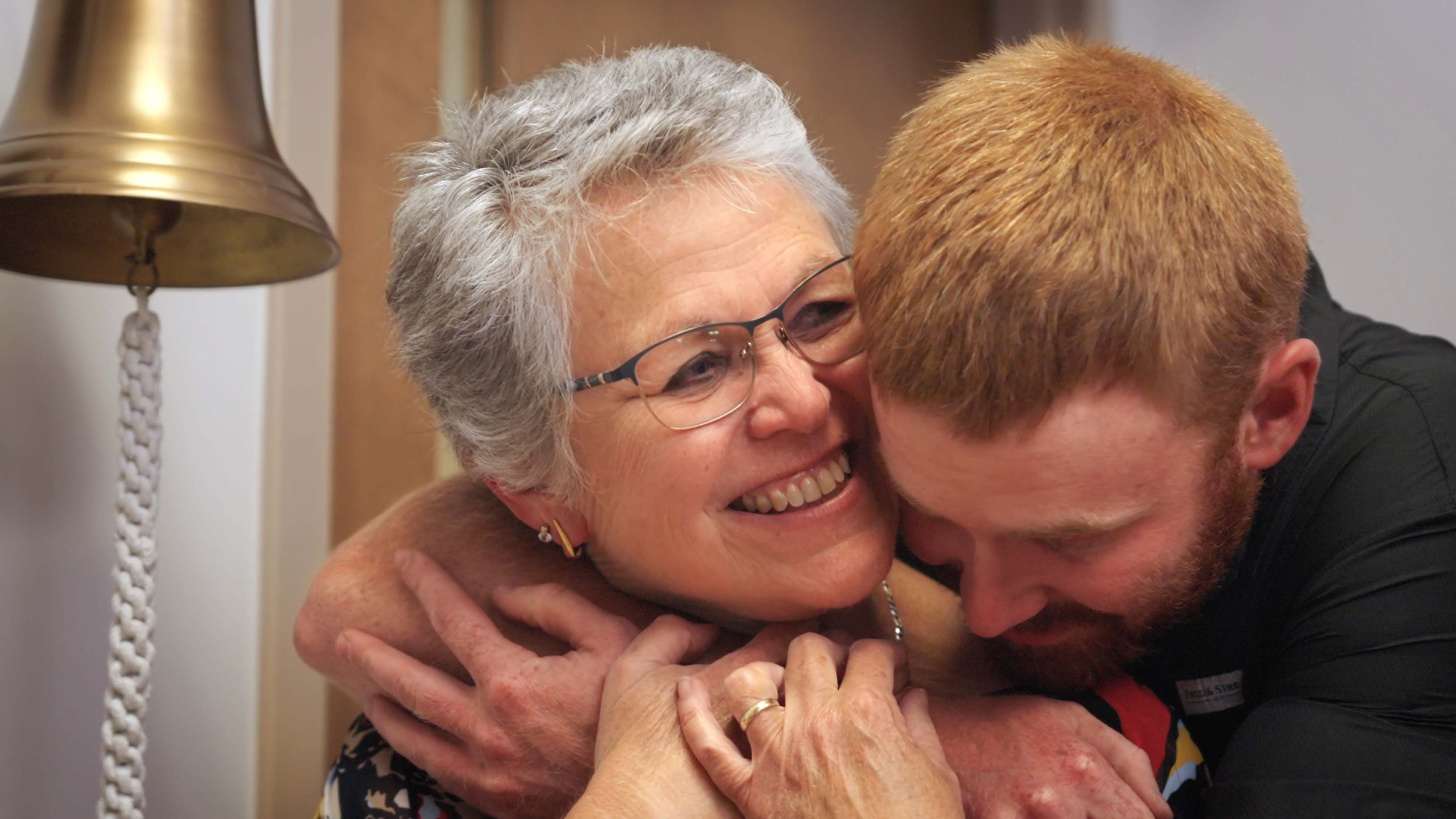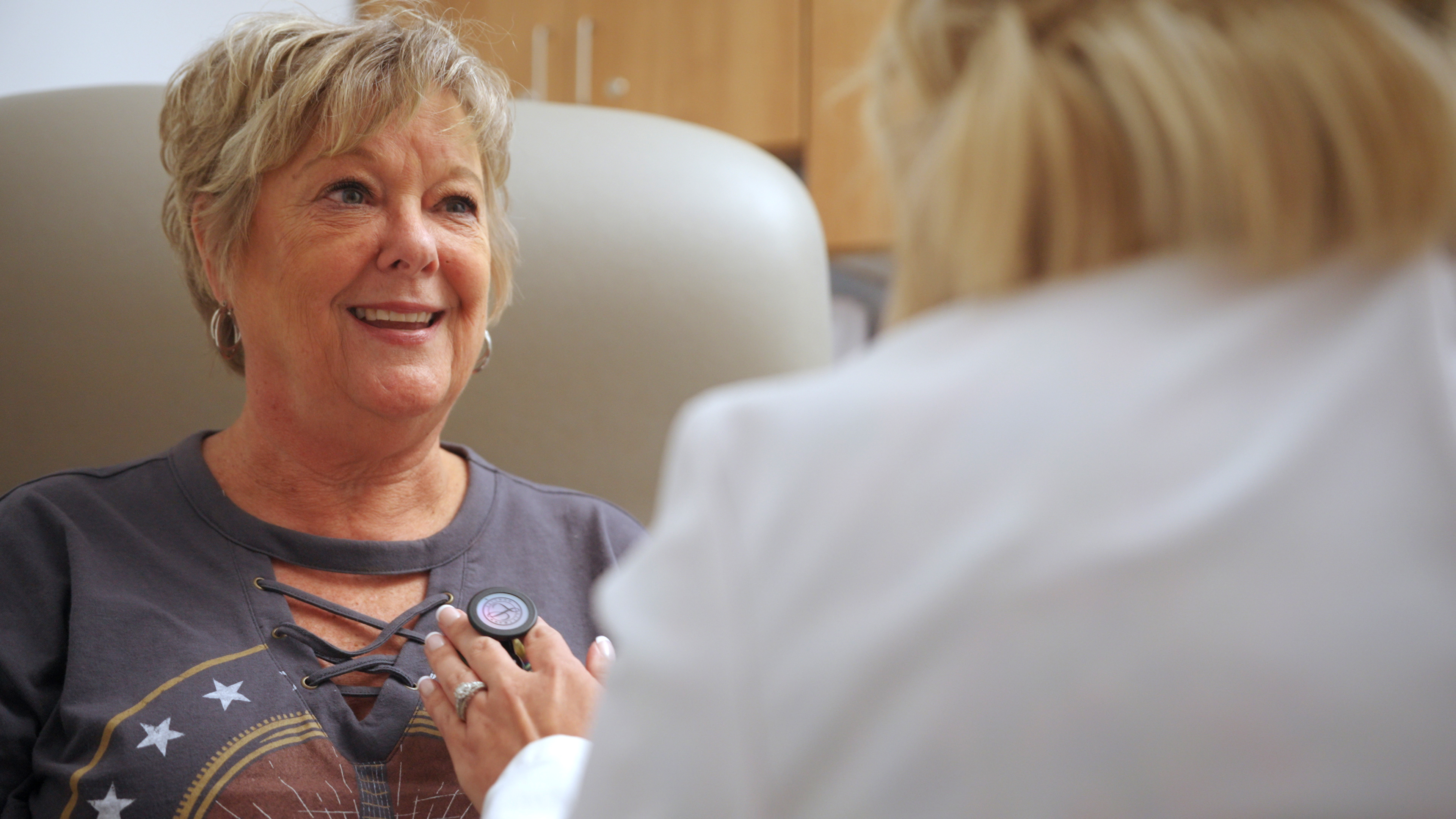Planning for the Future
Bequests
Perhaps the simplest form of planned giving, the bequest is a provision in the Last Will and Testament that provides for a distribution from the estate of some property to an individual or organization. Bequests to a qualified charity are deductible for estate tax purposes. Bequests can include any type of property, including cash, real estate, stock or any tangible or intangible property. A bequest can also be included in a codicil to a Will that has already been executed.
SUMMARY FOR BEQUEST:
- Document that creates: Will or codicil
- Revocable? Yes
- Ultimate beneficiary? To benefit charities of choice
- Lifetime beneficiary? Not applicable
- Annual benefit: Not applicable
Charitable Gift Annuities
A Charitable Gift Annuity (CGA) is a simple contract between a donor and Sarah Bush Lincoln. It gives the donor the opportunity to make a charitable gift and secure annual income for his or her life. Under this arrangement, the donor transfers cash or securities to Sarah Bush Lincoln to fund the annuity. SBL then creates a contract and agrees to pay the donor a fixed and guaranteed payment for the remainder of the donor’s life. The total annual payment, which can be paid monthly, quarterly, semiannually, or annually, does not change. Upon the death of the donor, the remaining principal is retained by Sarah Bush Lincoln and directed to the Sarah Bush Lincoln program or service the donor chose to support when the CGA was established.
SUMMARY FOR CHARITABLE GIFT ANNUITY:
- Document that creates: Annuity contract
- Revocable? No
- Ultimate beneficiary? To benefit charities of choice
- Lifetime beneficiary? Donor and/or other
- Annual benefit: Fixed
Endowments
Through the generous support of donors and the careful management of existing funds, the Sarah Bush Lincoln Health Foundation is able to support and advance the availability of quality healthcare in East Central Illinois.
One of the ways the Foundation does this is through endowments. An endowment is a sum of money given by a donor as a permanent fund to benefit a specific area within Sarah Bush Lincoln, such as the Regional Cancer Center. The money is invested within the SBL portfolio and the annual earnings from the funds may then be used to benefit the designated area.
An endowment may be made “in memory of” or in “honor of” a loved one. Endowments can be established through cash donations, bequests in people's wills, through life insurance, and through contributions of stocks, bonds and real estate. There is no maximum amount of the principal, and contributions can be added to the endowment at any time.
Other (IRA/Life Insurance/Real Property)
Other strategies for planned giving include:
IRA or Qualified Plan.
Naming Sarah Bush Lincoln Health Foundation a beneficiary of an IRA or Qualified Retirement Plan is a wonderful way to make a planned gift. At death, retirement plan or IRA balances are included for estate and income taxes - often up to 85 percent. Naming Sarah Bush Lincoln as a beneficiary to your IRA or retirement plan prevents it from becoming a liability of the estate, and the gift is made with pre-tax dollars.
Life Insurance Policy.
Life insurance makes it possible for virtually everyone to make a meaningful planned gift. Policies that were never used for their original purpose can make excellent gifts when given to Sarah Bush Lincoln. The donor can deduct the replacement value of the policy or the cost basis. Some people find they can make a much larger gift by purchasing a life insurance policy and naming Sarah Bush Lincoln as owner and/or beneficiary.
Real Property for Lifetime Use.
A gift of real estate can be made to Sarah Bush Lincoln while providing the donor with lifetime use of the property. At time of death, the property is an asset of the Foundation and is excluded from the donor's estate.
Remainder Interest following a Life Estate
A life estate involves deeding real property to a charity and retaining the right to continue living in the property. This allows the donor to take a charitable income tax deduction for the present value of the remainder interest and to avoid potential capital gains tax on the property's appreciation. Upon the death of the donor, the property is owned by the charity and can be sold and the proceeds used to support those organizations or purposes the donor has indicated.
SUMMARY FOR LIFE ESTATE:
- Document that creates: Deed
- Revocable? No
- Ultimate beneficiary? To benefit charities of choice
- Lifetime beneficiary? Donor
- Annual benefit: Retained life estate
Trusts
Charitable Remainder Trust.
A Charitable Remainder Trust is established so that trust income benefits the donor or another beneficiary for a set number of years (not to exceed 20) or life, either with a fixed or variable income. When the trust term expires, the remainder of the trust is transferred to the SBL Foundation.
Charitable remainder trusts offer a great deal of flexibility. Payments may be made to the donor for life and then may be directed to a spouse or another beneficiary after death. A charitable remainder trust may be set up during one's lifetime or may be established by a will. The eventual distribution to the charity will take effect only at the death of the trust's income beneficiaries.
If donors place highly appreciated securities in the trust, the trustee can sell them without having to pay the capital gains tax realized on the profits of the sale. Low-yielding stocks can be sold and the proceeds reinvested to produce higher income for the income beneficiary. By creating a charitable remainder trust, one can enjoy a number of benefits, including professional management of the assets in the trust and a degree of financial protection. Additionally, the donor will likely receive a charitable income tax deduction depending on his/her age, or the length of the trust term, payout rate, frequency of payments, and applicable federal discount rate. Creating one of these trusts frequently enables donors to realize greater disposable income.
SUMMARY FOR CHARITABLE REMAINDER TRUST:
- Document that creates: Trust
- Revocable? No, but may change charitable beneficiary
- Ultimate beneficiary? To benefit charities of choice Lifetime beneficiary?
- Donor or others Annual benefit: Variable
Charitable Lead Trusts
A charitable lead trust is the reverse of a charitable remainder trust. Under a charitable lead trust, which can be created by a trust or will, donors can provide that a set or flexible payment be made to Sarah Bush Lincoln for a term of years, after which the principal is paid to the donors or another beneficiary.
A charitable lead trust allows the ultimate transfer of the property to be made at a lower transfer tax cost. Charitable lead trusts are most sensible for a donor whose family can afford to relinquish the income from the gifted property during the term of the lead trust.
It is possible to establish a lead trust either during one's lifetime or in a will. A charitable lead trust can substantially reduce the estate taxes payable at the time of death because of the charitable deduction for SBL’s charitable interest in the payment. The value of the charitable interest depends on the length of the trust and the amount to be paid out each year. The saving in estate taxes may mean that family members receive substantially more than if the securities/cash was left to them.
This trust is especially useful for property with the capacity for appreciation. Donors do not receive a charitable deduction for federal income tax purposes on the creation of a lead trust unless they choose to be taxed on the trust income (i.e., the income that will be paid to Sarah Bush Lincoln). Some people may find that the chance to take a federal income tax deduction in the initial year outweighs the disadvantage of paying taxes on the trust's income in later years. Donors can negate the tax impact by funding the lead trust with tax-exempt securities.
SUMMARY OF CHARITABLE LEAD TRUSTS:
- Document that creates: Trust or will
- Revocable? No
- Ultimate beneficiary? Individuals selected by donor
- Lifetime beneficiary? To benefit charities of choice
- Annual benefit: Fixed or variable
A charitable remainder trust pays the donor (and/or another beneficiary) either a fixed or variable income for the beneficiary's life or for a fixed term not exceeding 20 years, or a combination of the two. When the trust term expires, the remainder is then distributed to a charitable beneficiary. Charitable remainder trusts offer a great deal of flexibility. Payments may be made to the donor for life and then may be directed to a spouse or another beneficiary after death. A charitable remainder trust may be set up during one's lifetime or may be established by a will. The eventual distribution to the charity will take effect only at the death of the trust's income beneficiaries.
For more information, call the Sarah Bush Lincoln Health Foundation at (217) 258-2511 or email Amy Card, Director.









